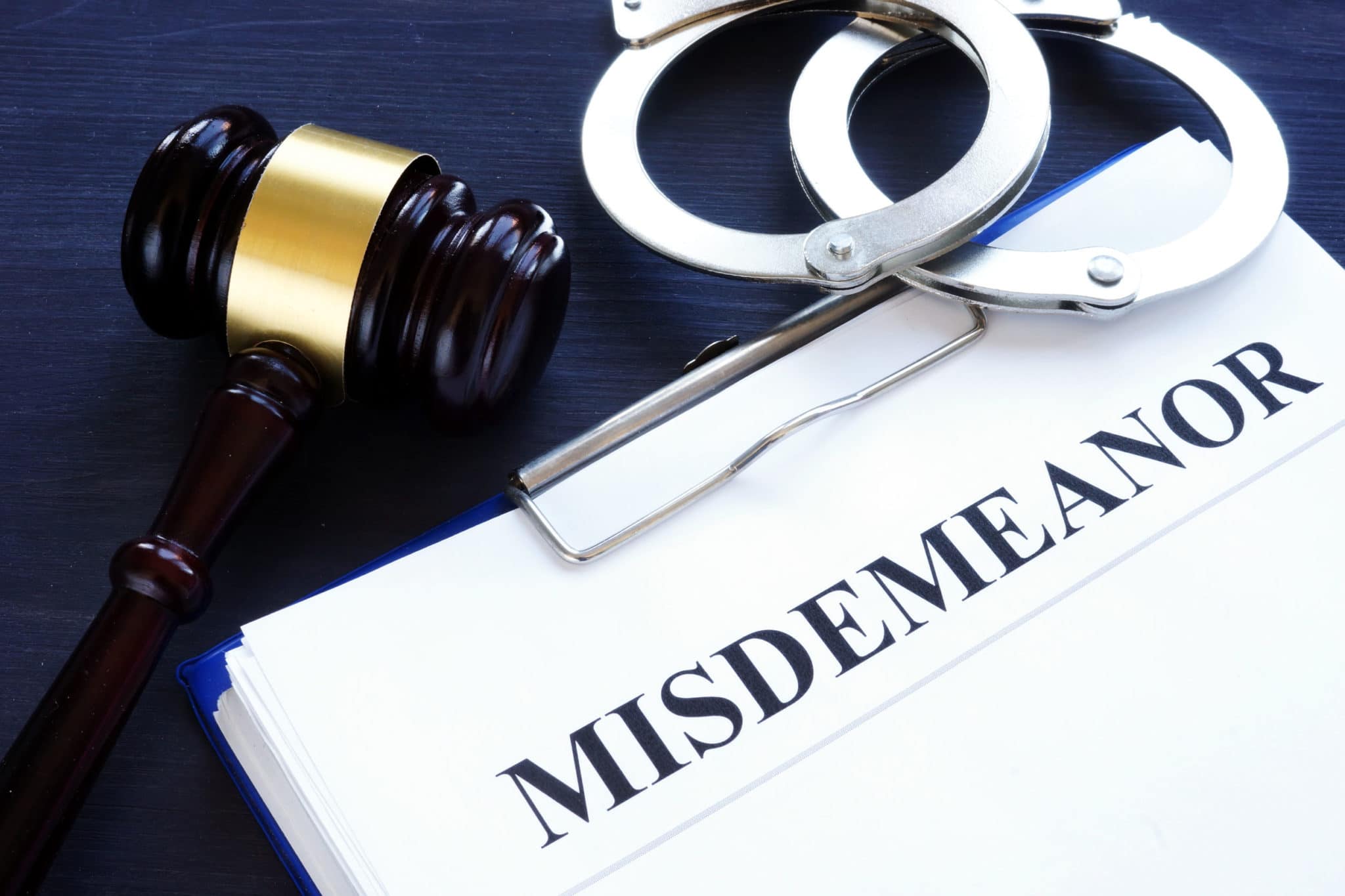Violating an Illinois Lockdown Order Equals a Misdemeanor Charge
Many states have issued lockdown orders during the coronavirus pandemic, Illinois being one of them. In most places, violating these orders would result in a slap on the wrist and a reminder to stay at home. However, violating the Illinois lockdown order in Aurora at least could land you in legal trouble.
According to the Chicago Tribune, Aurora’s city council voted unanimously to make violating the state’s lockdown order a disorderly conduct charge.
This misdemeanor disorderly conduct charge can have an impact on your life well after COVID-19 goes away, so it’s important to understand what you may be facing if you’ve chosen to ignore the lockdown order.
Disorderly Conduct in Illinois: What is it?
Disorderly conduct laws are a means to help keep communities running peacefully. There are many actions and behaviors that can fall under the umbrella of disorderly conduct.
In general, disorderly conduct is perpetrated when you participate in any activity that causes a disturbance or leads to a non-peaceful event. In Aurora, it now includes defying the state’s lockdown orders.
There are some specific actions cited in the disorderly conduct statute in Illinois. These behaviors are prohibited:
- Threatening violence, bodily harm, destruction or death to people in a school or the school itself
- Reporting a non-existent fire to the fire department
- Threatening a bomb even when no bomb is present
- Reporting a false crime to the police
- Reporting a false claim of abuse at a mental health facility or nursing home
- Calling 911 when there’s no emergency
- Reporting a false claim to the Department of Children and Family Services
- Trespassing on someone’s property and looking in windows
- Annoying, intimating, or harassing a debtor as a debt collector
You can also be charged with disorderly conduct for fighting, protesting, encounters with police, disturbing an assembly, or engaging in private conduct in a public place — and most recently, ignoring lockdown orders in some places in Illinois can be added to this list.
When charged with this offense, where it occurred as well as the circumstances in which it occurred are taken under consideration by the court.
They also look at whether or not someone else felt threatened by your actions, though this isn’t always necessary to be charged with disorderly conduct.
Consequences for Disorderly Conduct in Illinois
Disorderly conduct is almost always a misdemeanor offense. It can be charged as a felony in some circumstances, such as reporting a false fire. In Illinois, ignoring the state’s lockdown orders can result in a Class C misdemeanor charge.
Class C misdemeanors can result in up to 30 days of jail time and fines up to $1,500, though the Aurora city council said the fine won’t be more than $500 if caught violating lockdown orders.

In more serious disorderly conduct cases, the specific behavior and whether or not it’s your first charge has a bearing on the charges. In some cases, you can be charged with up to a Class 3 felony, which can result in jail time, fines, and community service.
While disorderly conduct may seem as if it’s not a serious charge, it can have a huge impact on a person’s life. It can cause financial stress, the stress of being in jail, or on probation, and it does create a criminal record that can impact your future employment or housing opportunities.
About the Author:
Andrew M. Weisberg is a former felony prosecutor who now serves as a defense attorney in the greater Chicago area. He has extensive experience in handling all types of criminal cases, from sex offenses and domestic violence to retail theft-related crimes, murder, and drug crimes. His work has been recognized by Avvo, Expertise, National Trial Lawyers, and others, and he has been featured on countless news outlets for his experience and knowledge in criminal law.







 Blog Home
Blog Home 










